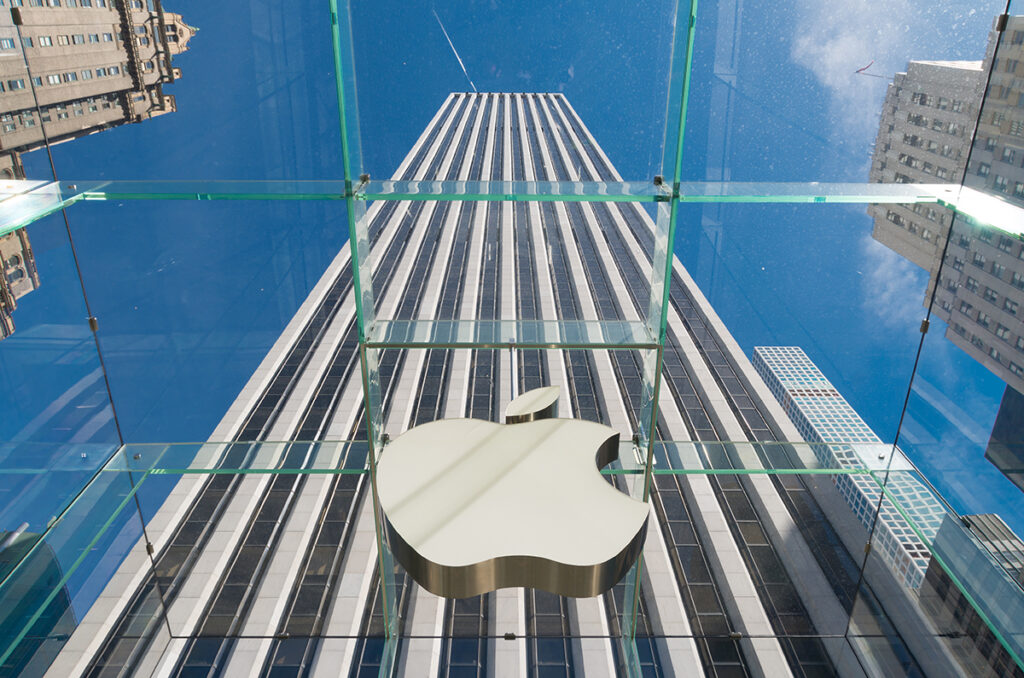Apple is ramping up its efforts in the field of artificial intelligence (AI), signaling a potential shift in its strategy to catch up with competitors in the rapidly evolving AI landscape.
The tech giant recently unveiled a new family of multimodal models, known as MM1, which are capable of interpreting and generating various types of data simultaneously. These advanced models boast superior abilities in reasoning and in-context learning, offering promising implications for future Apple products, including iPhones, Macs, and the Siri voice assistant.
The announcement comes ahead of Apple’s upcoming developer conference in June, where the company is expected to introduce several new AI features. Among these features, the integration of MM1 into Apple’s ecosystem could mark a significant step forward in enhancing user experiences across its devices.
However, amidst its AI advancements, Apple appears to be exploring potential partnerships to accelerate its progress in this space. Reports indicate that Apple is in talks with Google to license and integrate Google’s Gemini AI engine into upcoming iOS 18 features. This move suggests that Apple may be seeking to leverage Google’s expertise to bolster its AI capabilities, particularly in areas such as chatbots and other AI tools.
While Apple’s internal AI efforts have garnered attention, some analysts believe that the company’s advancements may still lag behind those of competitors like OpenAI and Gemini. Despite this, the potential partnership with Google underscores Apple’s commitment to expanding its AI capabilities and delivering innovative features to users.
Tim Cook, Apple’s CEO, has hinted at the company’s significant investments in generative AI, signaling its recognition of the transformative potential of AI technologies. Behind the scenes, Apple has been actively developing its on-device generative AI capabilities and acquiring AI-focused companies like DarwinAI, further highlighting its dedication to advancing AI research and development.
Analysts view the potential partnership with Google as a strategic move that could benefit both companies. For Google, gaining access to Apple’s ecosystem would provide a valuable opportunity to expand its reach and tap into the vast installed base of Apple devices. Additionally, the integration of Gemini into iOS 18 features could position Google as a key player in the AI market, alongside competitors like Microsoft and OpenAI.
On the other hand, for Apple, partnering with Google could provide the technology and expertise needed to accelerate the development of AI-powered features for its devices. With nearly 2 billion Apple devices potentially benefiting from the integration of Gemini, the partnership could unlock new opportunities for both companies to drive innovation and deliver enhanced user experiences.
While the details of the potential partnership are still being discussed, analysts believe that it could serve as a validation of Google’s generative AI positioning and help the company capture market share in the competitive AI landscape. As Apple continues to invest in AI research and development, the partnership with Google could pave the way for exciting advancements in AI-powered technologies and services for Apple users worldwide.
As anticipation builds for Apple’s upcoming developer conference and the potential announcement of new AI features, all eyes will be on the tech giant as it navigates its path in the ever-changing world of artificial intelligence.


